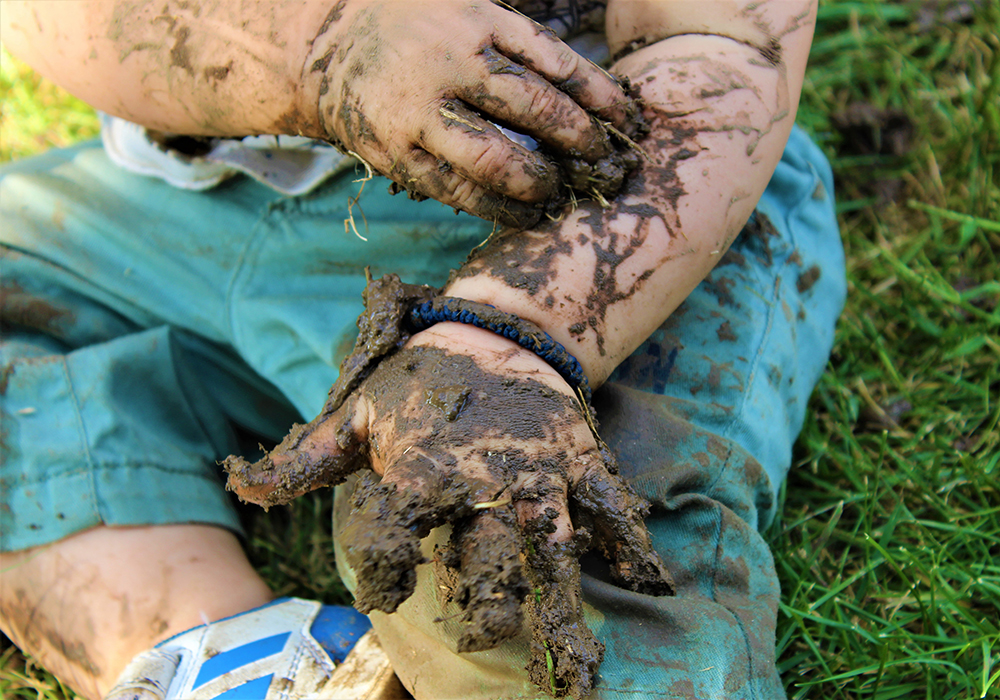About a decade ago, it became clear to scientists that kids are healthier if they’re exposed to bacteria and microbes early in life.
In the 2010s, multiple books were published on this topic, including Let Them Eat Dirt, written by two microbiologists from the University of British Columbia.
Related story: Plants and bacteria: friends for 500 million years
Read Also

Farm auctions evolve with the times
Times have changed. The number of live, on-farm auctions is seeing a drastic decline in recent years. Today’s younger farmers may actually never experience going to one.
“Today, there is a major groundswell realization that bacteria play many roles in health and disease, starting in utero,” said microbiologists Brett Finlay and Marie-Claire Arrieta in 2016.
“The first 100 days of an infant’s life are a critical time period for setting up the body with its microbes. Allergies, asthma and many other western diseases occur more frequently in kids who are born by C-section, bottle-fed babies and children who receive antibiotics early in life.”
Manish Raizada, a University of Guelph plant scientist, employed that sort of knowledge on his own kids.
“When our kids were young, we would (dishwasher) all of our dishes. But (the kids) cutlery, plates and such, we would hand wash those,” Raizada said. “Hand washing doesn’t kill everything. And you want children to experience a certain amount of bacteria.”
















